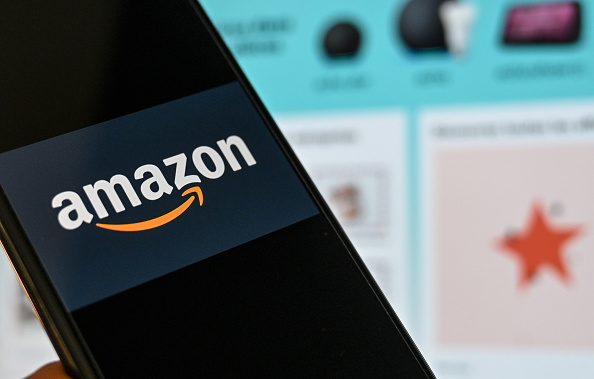Whatever strategic plans or collection of tricks and marketing devices are being adopted to drive traffic to a company website, there may be no bigger disappointment – and sheer waste of effort and money – than to see those potential new customers running for the exit before you’ve had a chance to show your value.
There are currently almost 700 million websites on the internet so competition is undoubtedly fierce for attention. If your company website is turning people off, there are no shortage of other places – including your biggest competitors – for them to go.
Below are some of the most common reasons why people will eye the exit.
Making customers wait
While we Brits may be known for our ability to form an orderly queue when browsing the high street stores, when it comes to waiting online, all bets are off. These days internet users are educated, savvy and, above all, impatient. Make them wait beyond four to five seconds for your website to load and they’ll be taking in your competitor’s wares without a side glance.
Whether it be web pages packed full of high-res images and bulky video files or the site is suffering from the effects of poor quality coding or inadequate web hosting provision, a slow website is a very fast way to lose business.
Over-marketing
It would be generally accepted as ‘uncommon’ for people to feel they don’t see enough adverts throughout a normal day. From swinging hairdresser ‘special offers’ signs blown over in the town centre, to the mountain of 2-for-1 pizza flyers which stop the front door opening after a weekend away, almost every moment of our lives is these days littered with some form of marketing message.
The common man is marketing-weary and therefore it is advisable to keep the flashing lights and foghorns to a minimum when they’re browsing your website. Understood, many websites fund themselves through advertising but subtlety is important if you want to keep visitors engaged.
Autoplaying
You know that thing when you’re in a coffee shop browsing the internet and suddenly a disembodied voice starts talking about payroll processing solutions or the migration patterns of Canadian geese? Autoplay audio or video clips are, the vast majority of the time, immensely annoying and presume anyone who comes to the website is interested in its content. They aren’t. Audio/video content is itself a great tool, but making visitors watch it is a great turn off.
Let’s be clear
A website’s ability to be intuitive to the needs of visitors is a powerful thing. For businesses selling widgets, time should be spent on creating a website with form and function specifically tailored to the needs, questions, concerns and decision making triggers of a common widget buyer.
Seek to make a visitor’s journey as easy as possible by creating clear paths to answers to their most common questions and you will find those visitors at ease and subconsciously building a valuable trust with your brand.
People assimilate information in very similar ways so it is also worth investigating psychological triggers which can be adopted in the website design to keep people engaged. These might include such tricks as having the most important information in a Z pattern from the top left as that’s how people scan web pages, using emotive colours to prompt excitement, trust, etc and creating obvious calls to action on each page to prompt a desired response.
Abandonment
Have you ever had that feeling where you go to a website and seemingly its owners have skipped town in the middle of the night?
While they may not have actually skipped town, outdated blog posts, abandoned forums, dormant twitter feeds and Facebook pages all give that impression and will have visitors running (or clicking) for the exit as if they had stumbled into crime scene.
These days, websites must be regularly updated and at all times appear current and open for business. For businesses looking to flourish online, daily updates are advisable, weekly, a must, just monthly, inadvisable and beyond, inexcusable.





